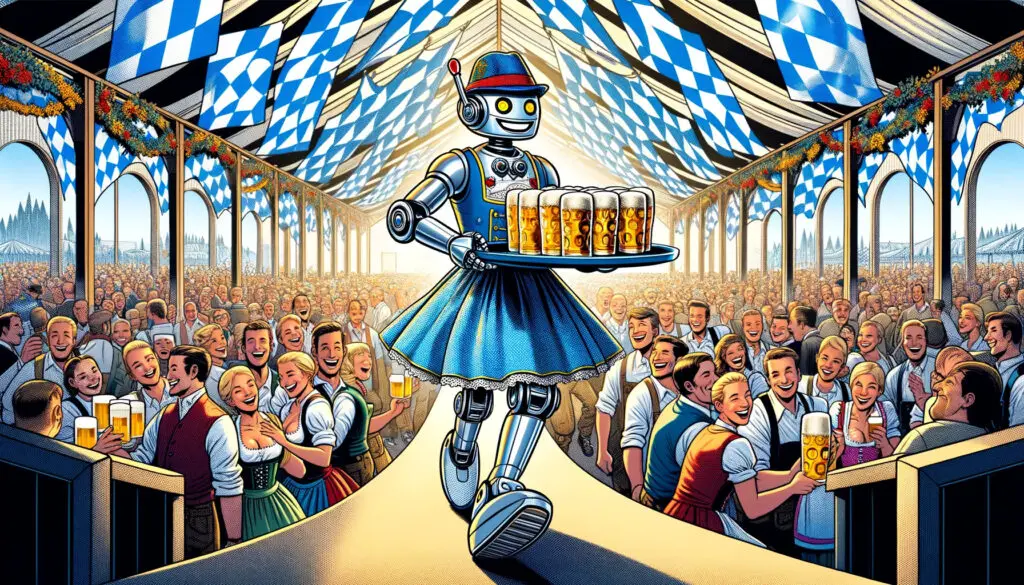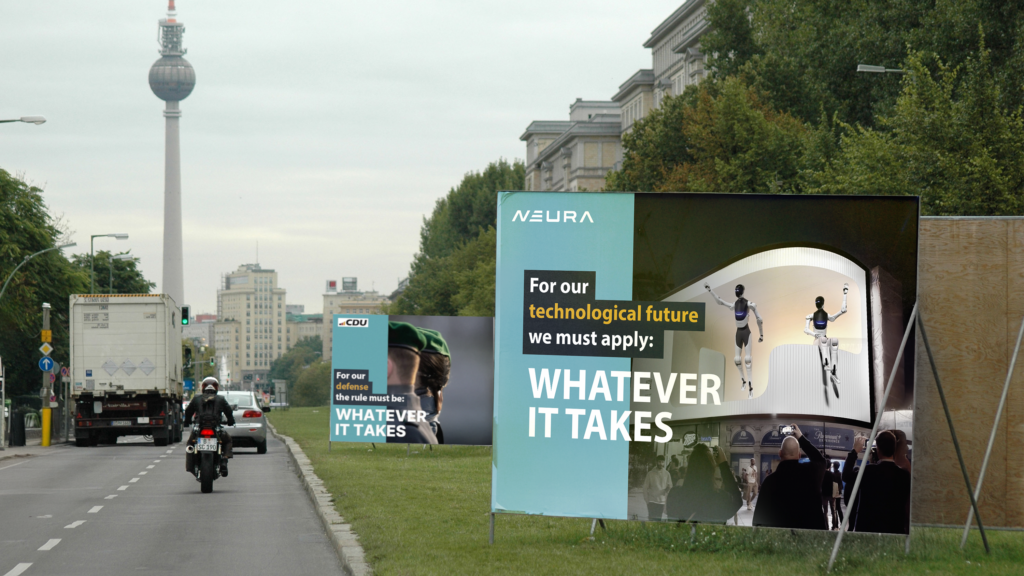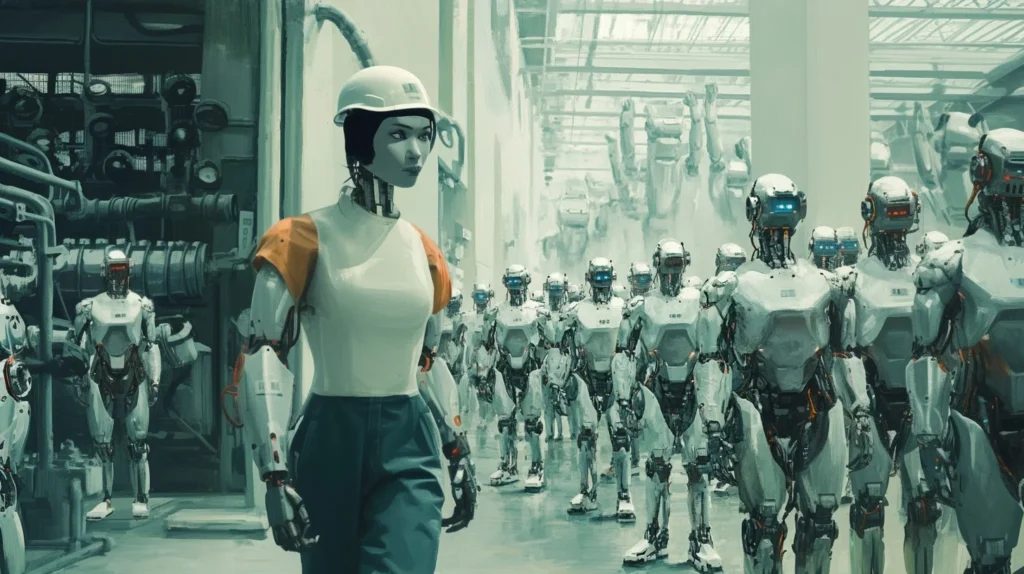As an America based investor, there are no shortage of companies here in the US that pitch to you. While the lion’s share of investment dollars find their way to Silicon Valley, this by no means indicates that there aren’t great investment opportunities elsewhere. I’ve always tried to be entrepreneurial and creative with our private equity investments, and I’ve tried to look at the bigger picture of a company that was pitching to me. One thing that stands out to me is the culture– not just of the company, but also where the company is based and cultural aspects as these can be important drivers of success. After recently investing in a German based company (more on that later!), I got a lot of questions about it from other investors. Here’s a few reasons that Germany as the home country for a robotics company we invested in had special appeal to me:
The German economy is healthy, strong, long-term, and values innovation
Germany as a country is unique in more ways than one. The backbone of its economy is comprised of an overwhelming majority (over 90%) of small and mid-size businesses. It has a massive industry sector, specializing in manufacturing. And that manufacturing is known for its attention to detail and superior design.
When I was looking at investing in the robotics sector, Germany was a no brainer for all these reasons and more. If someone is making robotics and designing them, I knew that if they were German-based that they were drawing on a wealth of cultural knowledge that other countries simply don’t have. Just take a look at the world-leading German car market and you’ll get a masterclass in precision and design.
Germans and precision are a match made in heaven
Every few years we’ve heard about the impending death of the German car market, and every few years we fail to see it happening. German cars are well known as the best in the world. They work exceptionally well. Their design is flawless. They are precise and reliable. They have adapted to evolving market demands and innovation such as e-vehicles. If you have to depend on a car, a German one is probably one of your best bets.
The obvious follow up: if I want an excellent, well-designed and executed robot, then of course I want to lean on that amazing cultural knowledge that they have in Germany. I want that robot to be as reliable, precise and flawless as a high-end BMW or Mercedes. So when I was looking at investing in a robotics venture, the fact that it was German-based was not an extra headache, but a huge plus in my book.
Silicon Valley versus Germany: a tale of two pitches
The startup scene in Silicon Valley is of course world renowned, and for the investor, if I may say, it can also be a huge headache. Silicon Valley can be about flash. It’s about promising – and overpromising – on great things. It’s about building hype. And if it all falls apart in a year, who cares? You can start a new company and try again. 70% of all venture capital is invested in Silicon Valley so there is abundance of investors.
As an investor, this has always given me pause. I want to know that the company I’m investing in is in it for the long haul. I want to know that they have their 12, 24 and 36 months worked out. I want to see precision and planning, no matter how much hype a team is riding on.
Cut to Germany, and we have the exact opposite. We have all the planning and precision, but, to paint with a broad brush, not so much flash. In German pitches, I’m consistently surprised at how understated the venture is. And yet, when I ask for their 24 month plan, I see that it’s all been carefully worked out and prepared– a dream compared to many Silicon Valley startups.
But this is a double-edged sword. Without the hype, flash and big dreams, you have to dig deep to find a great venture. You have to go through the clam to get the pearl, and that’s time that many investors don’t want to spend. But I did spend that time, and I found a company that I think can put all the pieces together and really deliver in the robotics sector: NEURA Robotics.
We believe that the amazing products and partnerships that the team has created will power NEURA to become a global industry leader in the rising field of collaborative robotics.
Neura Robotics brings vision to robotics and AI integration
When I first met David Reger, Founder and CEO of NEURA Robotics, I was struck that he gave me a great big hug in one of our earliest meetings. This isn’t the norm when dealing with Germans, particularly in a business setting. I was struck by how warm and entrepreneurial he was, and I was also struck by the amazing team around him. He’d managed to attract some exceptionally gifted engineers, businessmen and women, and project managers. That was my first sign that this venture deserved a bit of my attention.
But what really struck me was the product– or, to be more precise, the vision. Robots have been around for ages on car assembly lines, factories and other industry sectors. AI in its current iteration is rather new. And here was NEURA Robotics, pitching an AI integrated line of robots that finally stepped out of the assembly lines and into the home and business to empower humanity in positive ways.
The vision of this is what had me very interested. It wasn’t about reinventing the wheel. It was about realizing that the wheel is there, and we can use it right now in a totally different way. Why can’t the same kind of robot that puts cars together also help you empty a dishwasher? Of course, there isn’t any practical reason. The reason is just that it’s new, and nobody readily thinks of this. Except David.
David saw a future where this robot technology, integrated with AI, could give us a world where machines act as personal assistants and help take over difficult physical labor across industries to help humans. He saw that Chat GTP was great, but it was missing a body. And he decided to change that with NEURA Robotics, and I decided to invest, believing fully that not only could NEURA Robotics succeed in the sector, but that Germany as a whole could potentially corner significant market share around this nascent development space.
Why I’m so excited for the future
The growth opportunities in the German sector, especially where robotics manufacturing is concerned, is huge. Its reputation of excellent design and engineering paired with that measured, careful approach that it’s known for is a recipe for success. On top of all this, as the 4th largest economy in the world, it’s a sector that has the bandwidth to handle innovation and scale it globally.
I’d like to see a future where Germany, and companies like NEURA Robotics, really become synonymous with advanced robotics design and production. It feels like Germany is at this beautiful incubation period, where this could happen over the next several years. Both as an investor and also as somebody who respects this approach to life, I’m looking forward to seeing what comes out of NEURA Robotics and the German robotics scene.







